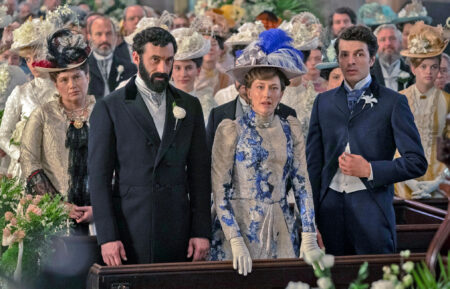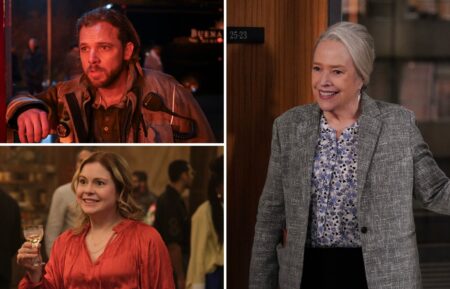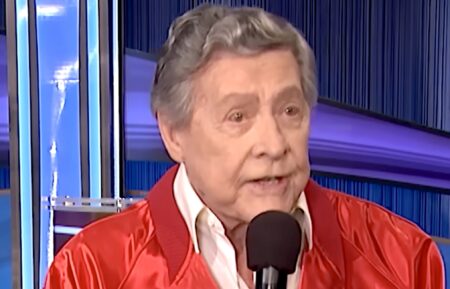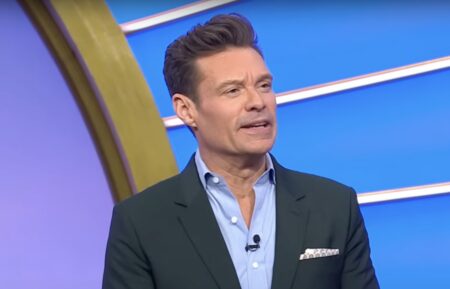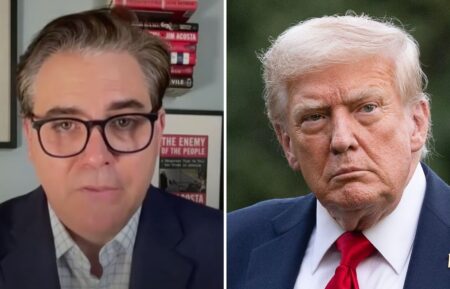Despite Some Tension Along the Way, Film Auteurs Are Learning How to Adapt to TV
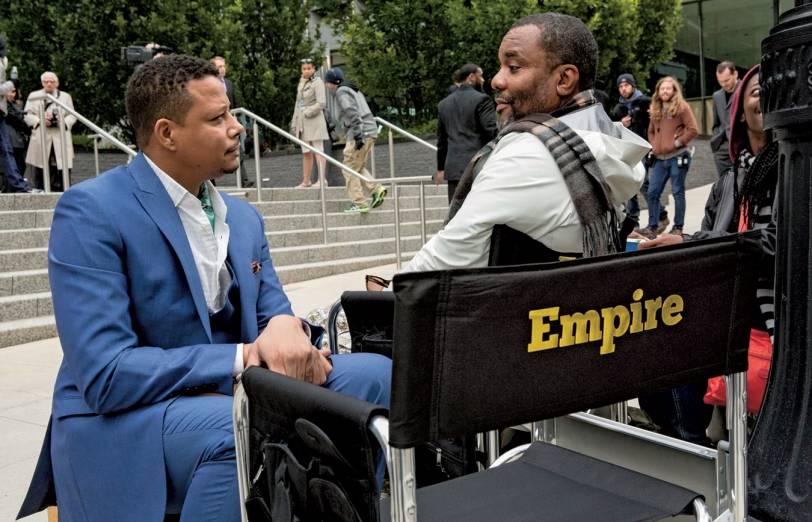
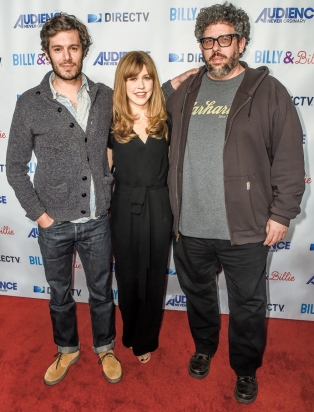
Playwright and filmmaker Neil La-Bute (In the Company of Men, The Shape of Things) admits he initially had misgivings about working in television. LaBute, who wrote and directed all 10 episodes of the new DirecTV comedy Billy & Billie, started out by helming two installments of the AMC Western Hell on Wheels in 2013. “Coming from features,” he says, “it is a sobering exercise to realize you are the expendable part in the machine.”
In television, the showrunner, who may also do much of the writing, is in charge, while directors frequently change from episode to episode in order to accommodate a rapid production schedule. In the past, a few A-list film auteurs have flirted with the smaller screen (Quentin Tarantino directed an episode of ER in 1995 and one of CSI in 2005) or even worked on pilots (as Martin Scorsese did on Boardwalk Empire, which earned him an Emmy). David Lynch (Blue Velvet) was a crossover pioneer, creating 1990’s Twin Peaks with Mark Frost, and he may return for Showtime’s proposed revival.
More recently, some feature directors have dived deeper into the medium. David Fincher (The Social Network, Gone Girl), who helmed two episodes of House of Cards (which he also executive produces), is now committed to direct every episode of HBO’s upcoming Utopia. Steven Soderbergh is behind Cinemax’s The Knick, and even Woody Allen will create and direct a series for Amazon. While many of these auteurs are coming to TV with fresh ideas, unique artistry, and loyal fan bases, some are having to adjust to a more collaborative process, in which they typically are not in control.
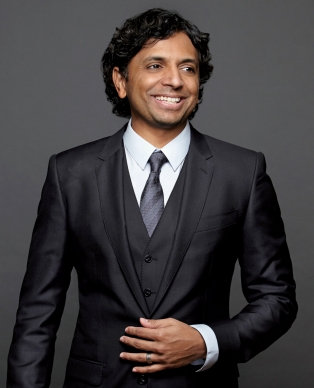
“It’s a positive, in that film directors are able to bring more attention to a project,” says one network insider. (Ads for Fox’s Wayward Pines, for example, tout executive producer-director M. Night Shyamalan’s participation, even though the drama was developed by showrunner Chad Hodge.) “But it’s also incredibly frustrating, because they don’t really know how TV works, oftentimes have a superiority complex, and don’t respect the process.”
That has led to some tension between filmmakers entering TV and the writers and producers already there. A recent New York Times profile suggested that Empire cocreator Lee Daniels (who made Precious and Lee Daniels’ The Butler) had issues with not being able to wield the same power that he can on a movie set. “I’m in charge, but I’m not directing,” he told the newspaper. He was also quoted criticizing certain casting, acting, and storyline choices.
A few weeks later, at an industry panel, Daniels admitted it took him a while to get into the collaborative spirit. “There was nothing that could prepare me for what this journey was about,” he said. “At first, I bucked the system, because you’re so used to doing it alone.” On Empire, he’s not only working with his longtime writing partner–the show’s cocreator Danny Strong–but also with showrunner Ilene Chaiken and producers from Imagine Television. Things moved smoothly once Daniels understood his place within that cluster, he says. “It was a rough experience, and I don’t know if it’s one I would repeat.”
Similarly, in an interview with the Wall Street Journal, The Strain cocreator Guillermo del Toro, whose films include Hellboy and Pacific Rim, expressed displeasure with some choices made without his involvement, particularly with regard to cinematography. “It was a huge learning curve for all of us,” he said.
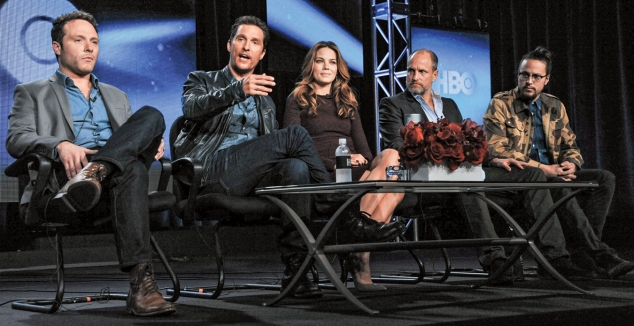
Tension may also arise when a writer and filmmaker are given equal footing, as in the case of True Detective. Before teaming up, Cary Joji Fukunaga was the acclaimed director of Sin Nombre and Jane Eyre and series creator Nic Pizzolatto was a novelist with little TV experience. The show became a hit, but True Detective was dogged by reports that the two clashed over differing creative visions, particularly in postproduction. Fukunaga, who directed all of Season 1, is no longer involved with the show.
Network executives and producing partners frequently have to step in to help mediate any issues, says NBC Entertainment president Jennifer Salke. “You have to find a meeting of the minds,” she says. “Sometimes big creative personalities are dug in on what they want to do.”
Veteran TV producer/director Leslie Linka Glatter (Homeland) says she’s thrived on shows where the showrunner empowered her to bring her own ideas as a director. “We’re a team sport and you need the best possible team,” she says. “The fact is, we need each other.”
Despite the growing pains, many movie directors are excited for the opportunity. “Over the last eight years, tone has become very important to TV shows,” says Shyamalan. “Mad Men, Breaking Bad–the tone of the show, that’s directing. It’s drawing us in.”
LaBute says he enjoyed his time on Hell on Wheels and will direct another episode in the upcoming fifth season. But the experience also informed his decision to do everything himself on Billy & Billie. “There are so many new avenues opening up,” he says. “[Filmmakers] fear losing any kind of autonomy, but there is a transition to be made. Sometimes you’ve been holding on to stories for so long to tell on one screen, you might be looking at the wrong screen.”


